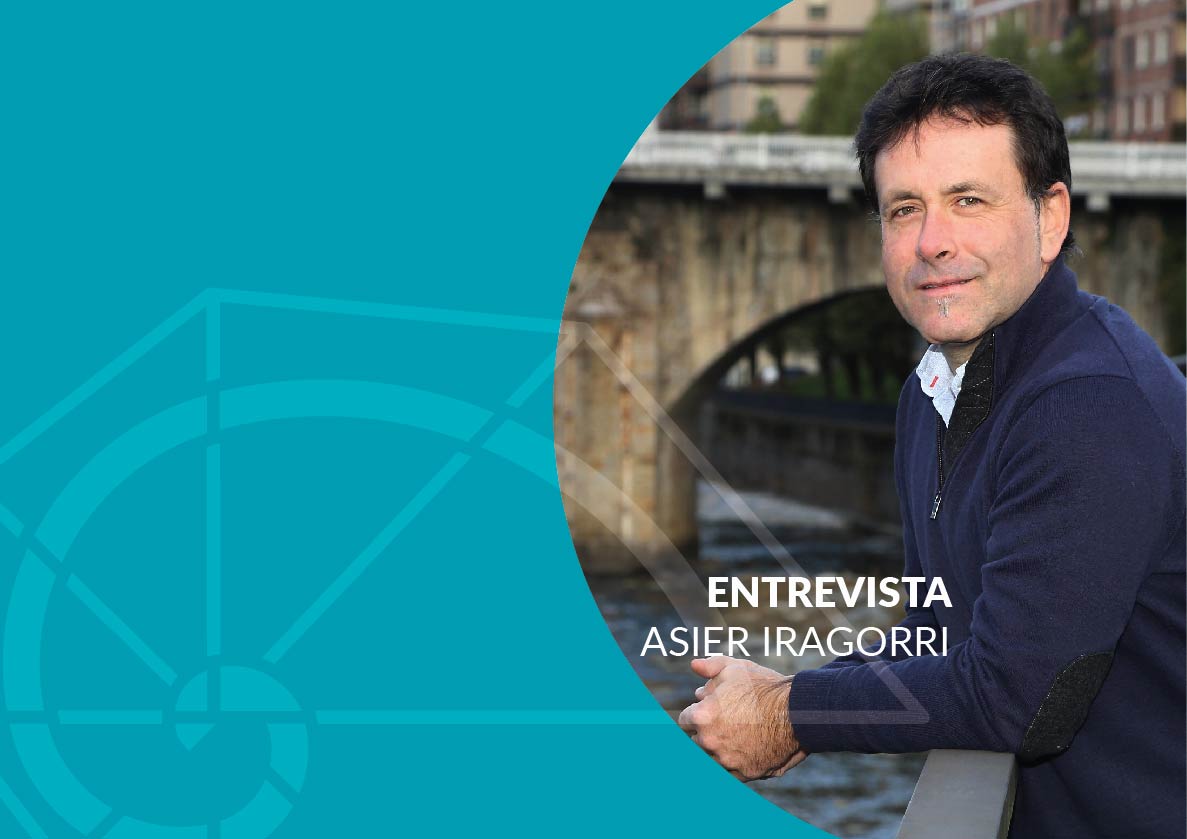The president of the Board of Directors of Bidebi Basauri, the municipal public company for urban planning and housing, and mayor of this town in Bizkaia, Asier Iragorri, recalls that the dissemination of the AGREE project among the neighbourhood associations involved began last March and that the initial response was positive, although it has been interrupted by the restrictions imposed by the pandemic. Iragorri wants the residents to be informed about the condition of the properties in which they live and take action according to their particular requirements. He also notes that he would like the effort made by the town council in the urbanisation and improvement of public spaces to be complemented by private initiatives, with improvements in energy efficiency and accessibility, as the AGREE project proposes.
Q: Where will the AGREE project initiatives take place?
A: The project will be implemented in the neighbourhood of Federico Mayo, made up of approximately 700 homes, and there’s also the possibility of incorporating the residents’ associations who consider it appropriate in the neighbourhood of Hernán Cortés, in the community of San Miguel, which has very similar characteristics in terms of the building type, construction quality, accessibility problems, etc. as well as in terms of the population living there.
Q: What does it hope to achieve?
A: The aim is to disseminate and promote the idea of energy rehabilitation and the implementation of improvements to the accessibility of these homes, through a technical study of the most used building model or building type, identifying both its main problems and the different possibilities for action, their costs, possible subsidies that could be granted, etc. in such a way that the residents know more about the situation regarding the properties in which they reside and can therefore make a better informed decision that is more in line with their interests.
Q: How is the project being received in the communities of residents involved?
A: In March, the first contacts with representatives of neighbourhood associations, property managers and representatives of the residents’ associations took place, but unfortunately the impact of the COVID-19 pandemic has prevented the continuation of direct communication of the main contents, objectives and actions included in the project. However, the impressions transmitted by the residents were positive and expressed appreciation of the municipal interest in promoting the urban regeneration of the neighbourhoods of Federico Mayo and Hernán Cortés, as well as the desire to continue being informed about the progress of the project and its results.
Q: What is the role of Bidebi Basauri in this project?
A: This company will carry out three tasks. The first of these will be the preparation of the specifications necessary to contract out the drafting of the preliminary study and preliminary project for the rehabilitation of the typical building, a document that will identify the problems and opportunities associated with the buildings, estimate costs and indicate possible municipal and regional aid. Second, it will communicate with and inform the residents about the main contents of the project and especially about the above-mentioned document. And third, it will advise the residents and help them in the application for and procedures associated with aid.
Q: What benefits do you expect for your municipality with the implementation of this initiative?
A: The Basauri Town Council has made a significant effort to improve public spaces and urbanisation in the municipality, the Auzoegin programme being outstanding in this regard, having involved an investment of a total of 14 million euros over the last few years and including, in the specific case of Federico Mayo, redevelopment of the neighbourhood, with a cost of nearly a million euros. And in addition to this public effort would be the private initiatives which would involve renovating the existing residential buildings, improving their energy efficiency and accessibility.



